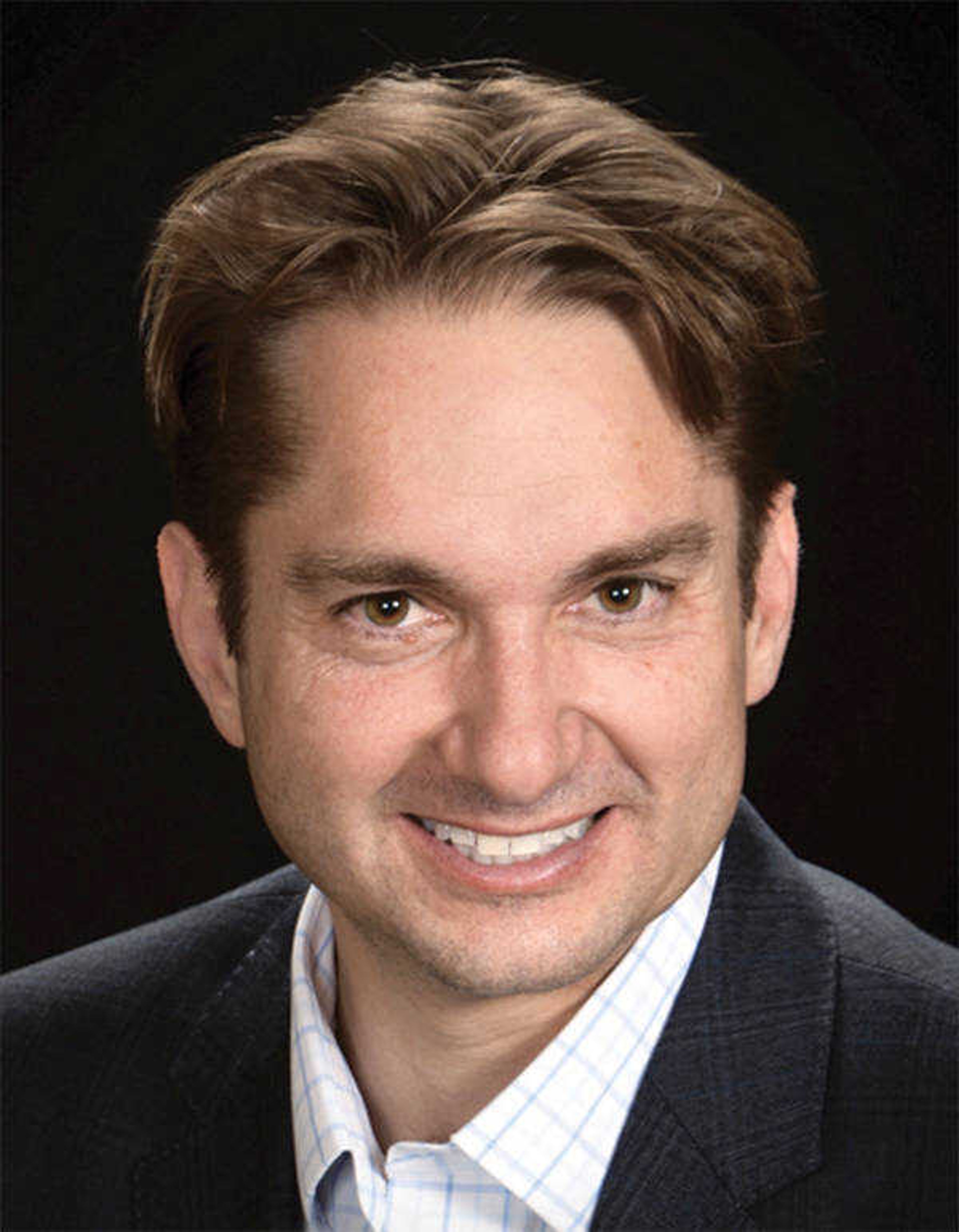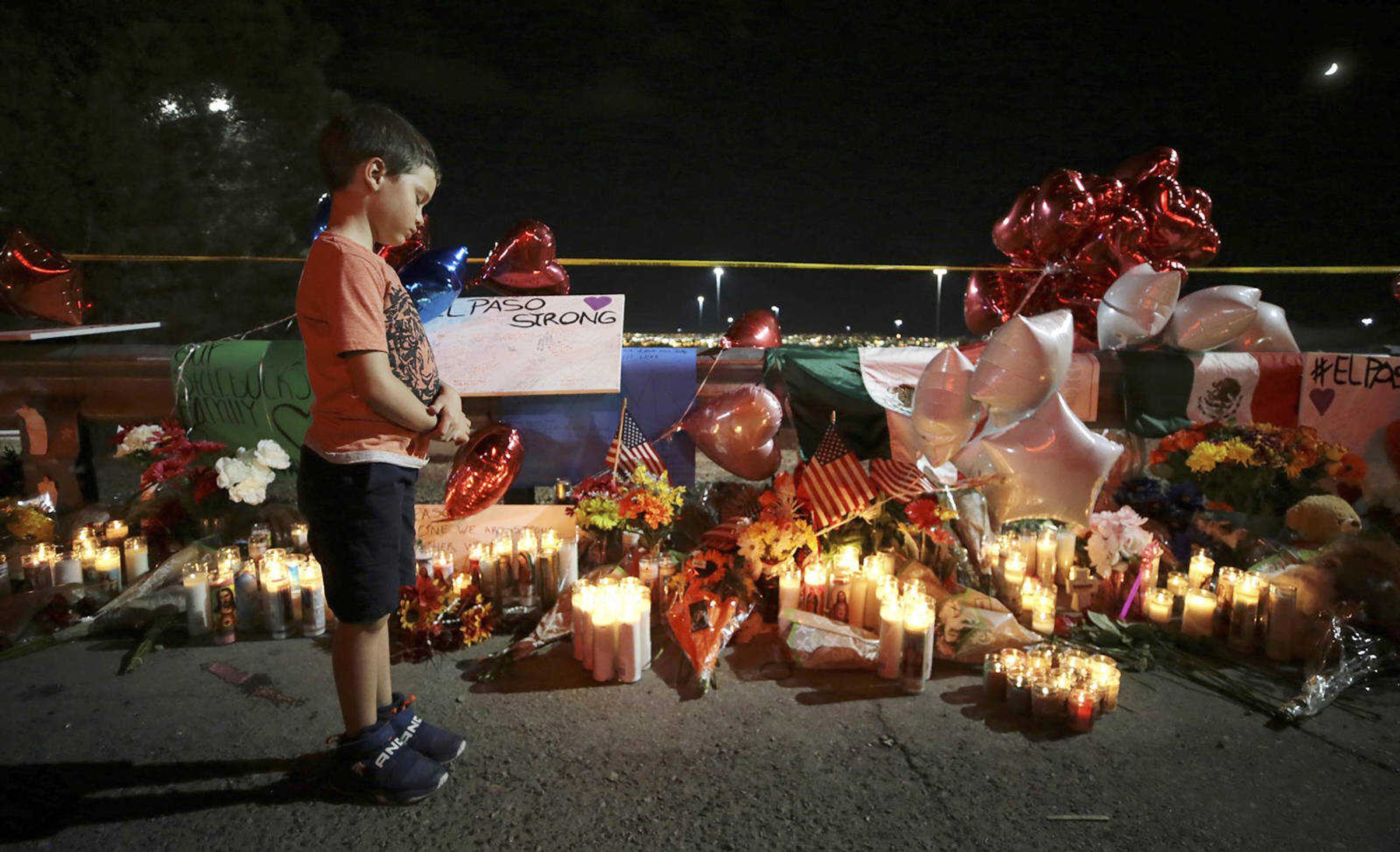Ban large capacity magazines, implement 'red flag' laws
It's good to be back in the United States, though I mourn along with the rest of the nation for those in El Paso, Texas and Dayton, Ohio. Too often our country is afflicted by mass shootings, with crazy people pulling triggers on powerful weapons against crowds of innocent people. It's easy to feel angry, helpless or numb as media analysis mixes with political grandstanding and the dead -- easily imagined as neighbors, friends and family -- are identified...
Freedom and rights are foundational to American life, but without life itself, they mean nothing. More protections are needed to safeguard the innocent.
It's good to be back in the United States, though I mourn along with the rest of the nation for those in El Paso, Texas and Dayton, Ohio. Too often our country is afflicted by mass shootings, with crazy people pulling triggers on powerful weapons against crowds of innocent people. It's easy to feel angry, helpless or numb as media analysis mixes with political grandstanding and the dead -- easily imagined as neighbors, friends and family -- are identified.
In a free society, where gun ownership is part of our culture and enshrined in the Constitution, eliminating all guns is not an option. Nor should it be. Millions of citizens own guns legally and use them responsibly for hunting and self-protection. And, if we outlawed everything that could or has been used for harm, much that we use -- from automobiles to household cleaners -- would no longer be available. There will always be a tension between freedom and security, and in America, freedom defines much of what has made this land great.
But with freedom must come responsibility -- individually and collectively. And when the stakes are so high -- and dozens of people or more can be killed in seconds -- it is fair to debate where freedom should be circumscribed. "Hardening" schools and public spaces -- certainly, planning for safety and security -- is important. But it would be folly to think we could harden everything, and even more egregious on our freedoms -- and impossibly expensive -- to try. If a crazy person seeks to kill, he will find a place and a way. As a nation, though, we should make it more difficult for them to kill en masse.
Thus, here is my starting point to changes and trade-offs. You are welcome to chime in online or write a letter to the editor with your own perspective. First, no one should be allowed to own a high-capacity magazine, allowing him to shoot dozens of people without reloading. In Ohio, where the shooter had an ammunition drum holding 100 bullets, a worse death toll was prevented only by the quick, well-trained and brave action of the police, who were providently nearby, first shooting back within 30 seconds. Hail these heroes! But police will not be able to respond so quickly in every incident, and even in Dayton where they did, nine were slain. So slowing down the shooter by restricting the number of bullets able to be shot in a given time is paramount.
In conjunction, if a person is proved through due process to have threatened the death of groups of people in America -- classmates, racial groups, co-workers, police, family members -- by writing it down, uttering it to multiple witnesses, or placing on social media, he or she should lose the right to own a gun for an extended period of time (and preferably, if Constitutional, forever). A person so distraught or imbalanced to threaten multiple people with death should not have access to a tool allowing them to follow through. Relatedly, "red flag" laws, which permit police or family members to petition a court to order the temporary removal of firearms from a person who may present a danger to others or themselves, should be common across the 50 states, if not federalized.
Such laws would give more power to take action before an incident -- rather than after one. And they could help curtail this phenomenon in America where people known to be so unhinged they have been suspended from school or otherwise risen to the attention of law enforcement to still purchase and own guns.
The frustration about any gun restriction or mental health regulation is that none alone solve our problem, which is exacerbated by a culture that dehumanizes the taking of life through video games, film and rhetoric, and where too many are warped by dangerous forms of prejudice and racism. No system -- especially no system that focuses on one aspect -- will be failsafe. Tragedies will still happen; but that recognition must not be an obstacle to taking important steps so that at least the tragedies can be diminished. Freedom and rights are foundational to American life; but without life itself, they mean nothing to an individual. The current situation is untenable.
For the past two weeks I've been out of the country on an annual trip to see my wife's family, largely avoiding domestic news and work, learning about history, and enjoying the rhythm of just focusing on each day. I am glad to be home, and next week I might share some observations from abroad. But this week I weep for those families who lost loved ones, and I pray for our leaders to set political grandstanding aside, lower the political flame throwing and seek real solutions.
Jon K. Rust is publisher of the Southeast Missourian.
Connect with the Southeast Missourian Newsroom:
For corrections to this story or other insights for the editor, click here. To submit a letter to the editor, click here. To learn about the Southeast Missourian’s AI Policy, click here.











